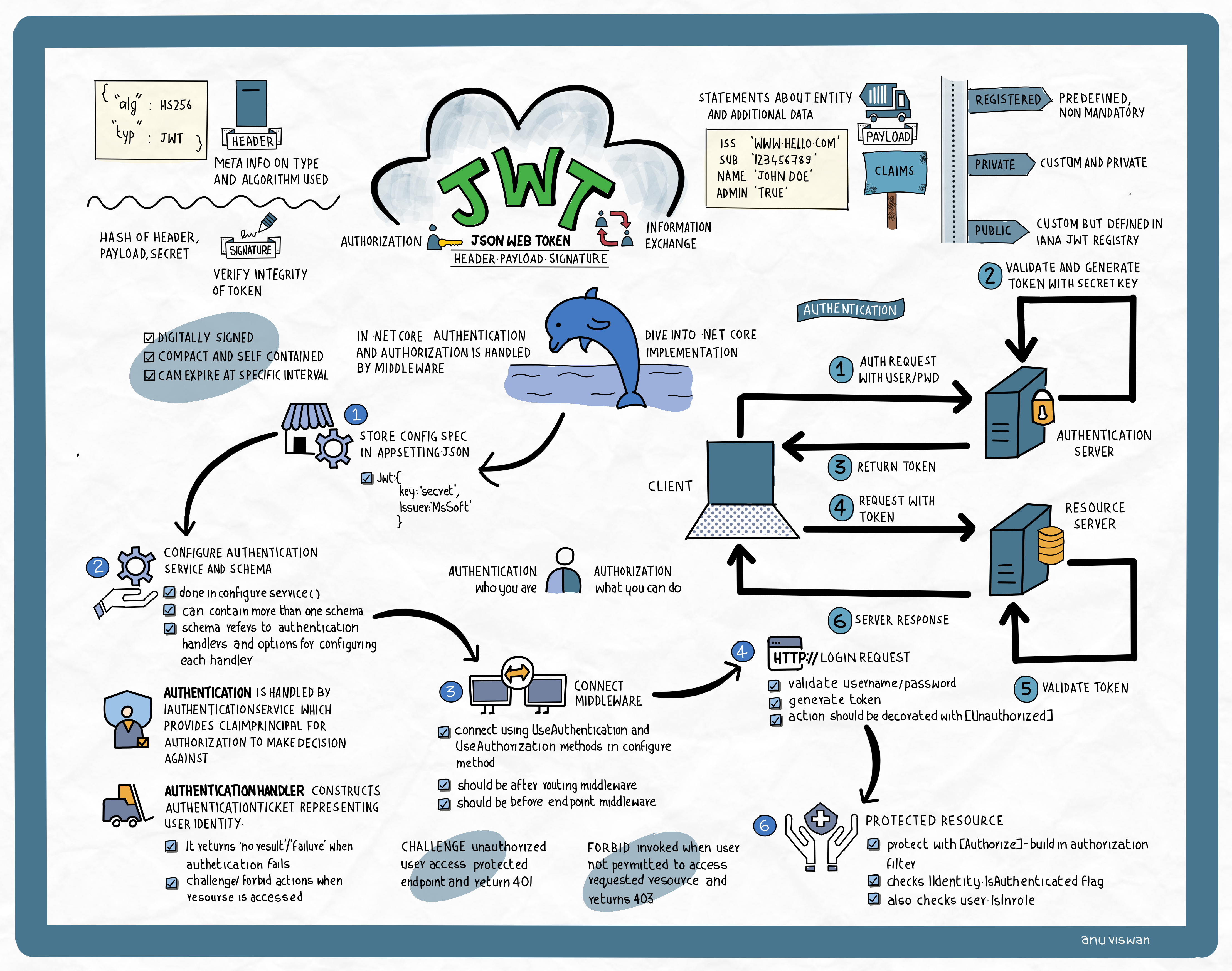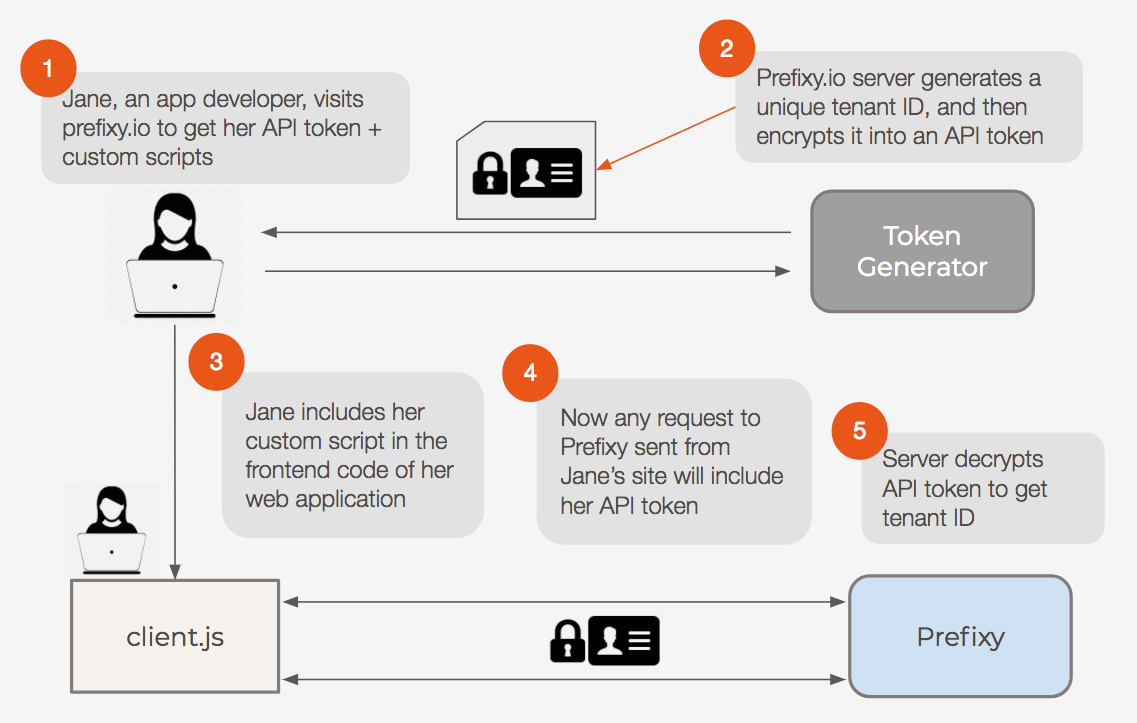

It can also verify the signature if you enter the secret. To use it, open the page and paste the token: It is easy-to-use and is immensely useful for debugging. Jwt.io is a debugger site where you can paste a JWT and see what is encoded in it.

This is the case with the OAuth ID token.Ĭonst signJwt = async ( subject, payload, secret ) => Debug For example, a server might store the user’s ID in the payload when the user signs in and verify the signature when it receives the token later.Ī more complicated use-case uses asymetric keys, so that one service can sign tokens, and all the others can verify the signature. Then it can be signed so that only the party with the signing key can generate them. On a basic level, a JWT is a JSON payload with some associated metadata. Also, they are good for stateless sessions, such as a zero-overhead shopping cart. When a service in a microservices architecture needs to send requests to other services, it can go to an authenticator to obtain a token that the target service trusts. The standard defines a broad area where they can be used, and usually a JWT is the way to go for many use-cases. This tool is designed as a JWT debugger to demonstrate how JWT works.JWTs (JSON Web Token) are tokens that one component can generate, sign, and optionally encrypt and pass to other components. However, for security purposes, it is advised to protect your signing keys and public/private key pairs from any 3rd party tool including 10015.io (even if it is a client-side tool) if this information is crucial for you application. This data is not transferred to any server. Information regarding any JWT that is generated or decoded in this tool including signing keys, public and private key pairs are used only in your browser. If all required fields are filled and there is no problem about parsing the input, you will get your result from the output field.
#Decrypt jwt online how to
JWT Structure Before Decoding How to use Online JWT Encoder/Decoder? Reference: Importance of using strong keys with JWT
#Decrypt jwt online cracked
Otherwise, your signing key may be cracked with brute force. If you are using HSxxx (symmetric) algorithms, for security reasons, it is advised to have 256 bit (32 characters), 384 bit (48 characters), 512 bit (64 characters) and longer signing keys for HS256, HS384 & HS512 respectively. Even if the signature is invalid, you will still see the payload and header of the JSON web token. Meta data of the token is stored in the header section like what is the algorithm etc.įor JWT decoding, you can either verify the signing key or not. Even if they are not mandatory, it is advised to use them for defining the data and data validity better. There are some predefined claims such as "iss" (issuer), "exp" (expiration time), "sub" (subject), "aud" (audience) that is stored in the payload of a JWT. When you send data from server to client and get it back, you verify your data with this signature. Signature is very important for securely transferring this data. Header and payload of the JWT can be seen by everyone after decoding. Therefore, all JWT have a structure of "". There are 3 parts of a JWT which are separated with dots. If there is one key that is used both for encoding and decoding JWT, it is called symmetric algorithm, if there is a public/private key pair, then it is called asymmetric algorithm. Private key is using in encoding while public key is used for decoding JWT. HSxxx algorithms works with a single signing key as a string while RSxxx and ESxxx algorithms works with a public & private key pair. You can use this tool as an online JWT debugger, so you can sign a JWT with a signing key or private key, verify a JWT with a signing key or public key, or just decode a JWT without verifying the signature. JWT is a standard for transferring JSON data securely by signing it with a key.

#Decrypt jwt online free
JWT Encoder/Decoder is a free online tool for encoding and decoding JWT (JSON Web Token).


 0 kommentar(er)
0 kommentar(er)
